Epic Expert Disaster: Appeal Court Overturns Jury Verdict for 9.3 Million Based Upon Expert Witness Technicality
If you think you were having a bad day, you will feel much better after reading this blog post. Nobody is more depressed or upset than Henry Barabin (“Barabin”). On January 15, 2014, Barabin learned that the Ninth Circuit Court of Appeals overturned a 9.3 million dollar jury verdict in his favor. The verdict was overturned based upon a technicality related to the testimony of expert witnesses. Essentially, Barabin thought he had won the lottery, just to be told that his ticket was void because it was purchased after hours.
Barabin is a former factory worker that worked in a paper mill for more than thirty years. While there, Barabin was exposed to materials that contained asbestos. Barabin later developed mesothelioma. Mesothelioma is a form of cancer that usually develops in the outside tissue surrounding the lungs. Mesothelioma is related to exposure to asbestos. Often times the disease does not show until 20 to 50 years after the exposure.
Barabin sued the manufacturers of the asbestos-containing materials he used at the paper mill. At trial, Barabin’s attorneys called various witnesses. Two of which were supposedly “asbestos experts.” These witnesses provided testimony supporting that Barabin’s exposure to the materials caused his mesothelioma. The attorneys for the manufacturers objected claiming that the experts were unqualified and their methods unreliable. The trial court judge disagreed and allowed the testimony. The jury eventually awarded Barabin an eight figure verdict that was later trimmed to 9.3 million.
The manufacturers appealed and the appeal court found that the experts should not have been allowed to testify. The basis for the appeal court’s ruling was a finding that the trial court made a mistake by failing to decide if the experts were reliable and their methodology sound. Basically, the trial court was required to find that the experts had the right credentials and that their theories not based upon junk science and voo-doo. The appeal court suggested that the trial court passed the buck to the jury to make this determination and it should not have done so. The appeal court concluded that the end result was extremely harmful to the manufacturers and that the verdict could not stand.
Barabin went from champagne wishes and caviar dreams to malt-liquor and quarter pounders with the swipe of a pen stroke. All is not lost for Barabin, the court overturned the verdict, but he is entitled to a new trial. In reality, the parties will likely settle for a figure in between zero and the 9.3 million that was awarded at trial. It is doubtful that either side will want to gear up again for another trial.
This case is a classic example of how unpredictable trials and litigation may be. Here Barabin lost the case not due to his own fault or that of his attorneys, but due to the trial court failing to follow the law with respect to expert witness testimony. Barabin’s attorneys were probably doing everything they could to make sure their experts were allowed to testify. In hindsight, I am sure they wish they did everything they could to make sure their experts were allowed to testify and the Court’s decision to allow it “appeal-proof.”
This is a good learning lesson for all attorneys. In the heat of battle, don’t become so consumed by winning that you take shortcuts to get there. Make sure you create a solid record, “dot your I’s and cross your T’s.” Any substantial verdict is likely to be appealed and part of the trial attorney’s job is to ensure the process leading to the result can withstand scrutiny.

